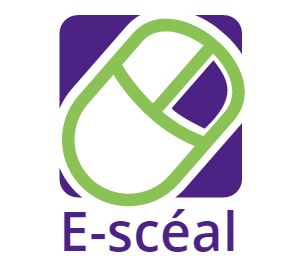Articles
Immersion classes in 20% of schools
By: Ruadhán Mac Cormaic
MORE THAN one in five primary and secondary schools use some form of immersion classes to teach English or Irish to newly-arrived migrant children, according to a study being prepared by the Economic and Social Research Institute (ESRI).
The first national study of the integration of newcomer students in primary and second-level schools, which is due to be completed later this year, shows that just over 20 per cent of primary and secondary schools provide the intensive language tuition before bringing migrant children into mainstream classes. Immersion is more common in schools with a high percentage of newcomers.
However, a more common practice - used by more than 60 per cent of primary schools and 90 per cent of secondary schools - is to withdraw migrant children from the mainstream classroom at certain times of the day for language instruction.
A controversy arose this summer when Fine Gael's Brian Hayes suggested many Irish parents were frustrated at the effect the lack of "segregation" was having on their children's education. He later said he regretted using the term and should have referred to immersion.
The preliminary findings of the ESRI research, based on 1,200 questionnaires and 12 case studies, were presented yesterday at a conference organised by the Department of Education and the Office of Integration.
The survey also found dissatisfaction among teachers with the learning resources and materials, with a particular lack of materials suitable for older students.
As a result, there was a high reliance on teachers' initiative in devising teaching aids. Just over 20 per cent of second-level staff felt the curriculum took adequate account of diversity, compared with 43 per cent of primary teachers. Some 90 per cent of all teachers believed more in-service training was needed to promote inclusion.
On the implications of the research, Emer Smyth, senior research officer at the ESRI, said there was no "one size fits all" approach for English classes, but suggested there was more scope for in-class support and flexibility in allocating resources.
"Diversity is not just a challenge but an opportunity," she said.
ends












